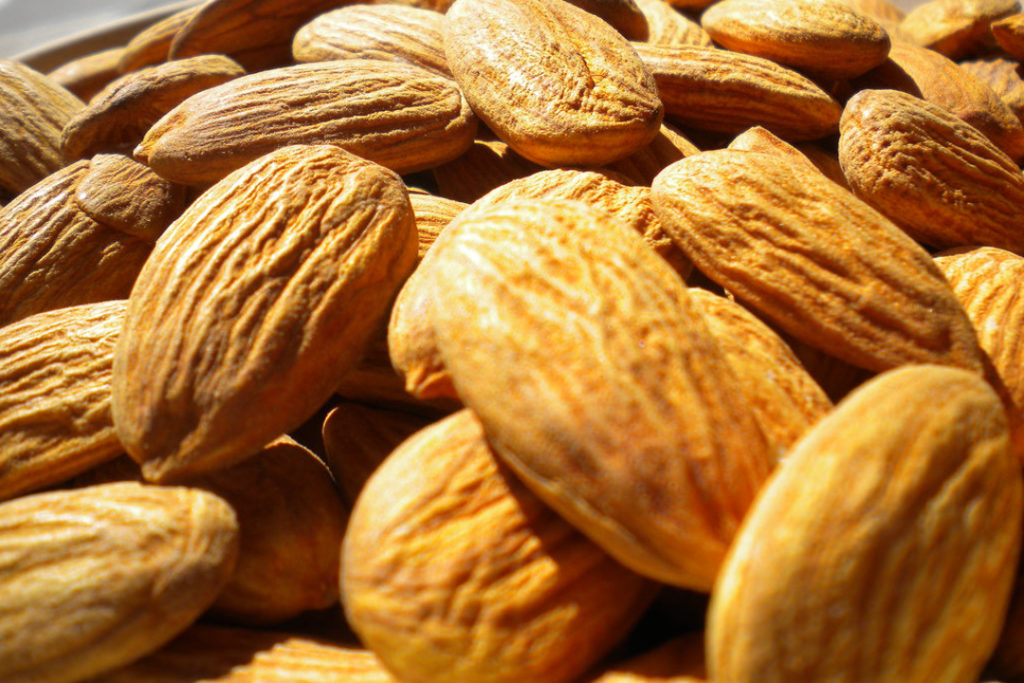
Contents
What is Cholesterol
Cholesterol is a waxy, fat-like substance that’s found in all cells of the body. Your body needs cholesterol to make hormones, vitamin D, and substances that help to digest foods. Your body makes cholesterol it needs. Cholesterol doesn’t dissolve in the blood. Instead, it bonds to carriers called lipoproteins, which transport it between cells. Lipoproteins are made up of fat on the inside and protein on the outside.Types of Cholesterol
Their are three types of cholesterol they are as follows:-- Low density lipo proteins (LDL-Bad cholesterol)
- High density lipo proteins (HDL-Good cholesterol)
- Triglycerides
Levels of Cholesterol
Cholesterol levels are measured in milligrams (mg) per tenth-liter (dL) of blood. Healthy total cholesterol levels — the sum of your HDL and LDL should stay below 200 mg/dL Total cholesterol Less than 200 mg/dL: desirable 200-239 mg/dL: borderline high risk, 240 and over: high risk HDL (high-density lipoprotein) Less than 40 mg/dL (men), less than 50 mg/dL (women): increased risk of heart disease Greater than 60mg/dL: low risk of coronary heart disease LDL (low-density lipoprotein) Less than 100 mg/dL: optimal 100-129 mg/dL: near optimal/above optimal 130-159 mg/dL: borderline high 160- 189 mg/dL: high 190 mg/dL and above: very high Triglycerides Less than 150 mg/dL: normal 150-199 mg/dL: borderline to high 200-499mg/dL: high Above 500 mg/dL: very highHow to Prevent High Cholesterol
A healthy-heart lifestyle can help you prevent heart and blood flow problems, such as heart attacks and strokes.- Exercise: Exercise can help lower cholesterol by losing or maintaining proper weight. Exercise increases the size of the protein particles that carry both good and bad lipoproteins through the blood. 30 minutes per day of moderate exercises such as walking, jogging, biking, or gardening helps to reduce the cholesterol.
- Reducing stress: Under stress, your body releases a flood of hormones, including adrenaline and cortisol, into your bloodstream. Your heart beats faster, breathing quickens and blood pressure rises. people are more susceptible to angina and chest pain. By reducing stress and relaxing the breath you can reduce the blood flow.
- Diet: The healthy diet is to include plenty of fruits and vegetables in your meals. The fruits which have low calories and saturated fat, they are also high in fiber and phytosterols
- Legumes Chickpeas, lentils, and beans are found to be excellent source of food that helps in lowering the cholesterol. These foods are not only high in vitamins and minerals they are also high in cholesterol lowering fiber
- Nuts They may be small, but they are full of nutrients – including healthy-heart fiber and phytosterols. Many nuts are high in unsaturated fats, especially omega-3 fatty acids – a type of unsaturated fatty acid that can keep your lipid levels healthy
- Breads and Grains Whole grain and whole wheat foods contain more fiber than other types of grains which keeps your LDL cholesterol at optimum level